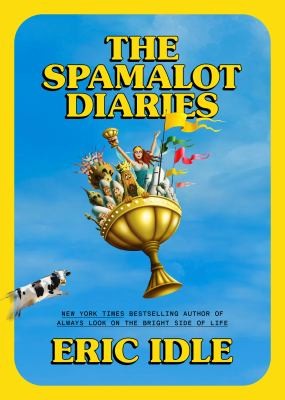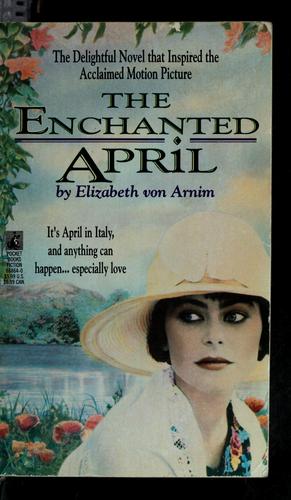I started Finnegans Wake knowing only a few things. Namely that it was not a traditional novel, that it was incredibly difficult to read, and that it confounded many (if not all) who did. I certainly agree that it is not a traditional novel, and that is clear from page 1! I do not agree that it is difficult to read, or that it is particularly confounding. It is, however, difficult to comprehend, and that's by design.
What struck me almost straight away is that this is Joyce having fun with language. Puns and double meanings abound. An early one describes a drink as a 'foamous ale', i.e. 'famous ale' but throwing in the common description of ale as 'foamy' or 'foaming' into the same phrase. I very quickly realised that there was going to be a lot of this in the book and I was not proved wrong! Every word is so clearly intentional in its placement and spelling!
Joyce described Finnegans Wake as being 'about the night', and I think that's a wonderful description because it alludes to the infinite number of interpretations that can be made out of it, as we each could our own, individual, night of sleep. He takes us on an adventure into the unknown before returning to reality only to start all over again. I can't describe the anticipation of seeing how the ending would line up with the beginning (as I knew the first and last sentence were one and the same).
The one thing that really helped me in reading the book was the notion that there is something funny on every single page. Sometimes it produced a smirk, but often it produced a good laugh. Joyce could be said to have a wicked sense of humour and that is plain to see here. What the funny thing is is for you to find, and the notion of a continual treasure hunt kept me going when I so often felt fatigued.
The one complaint I have is that Joyce crammed so much (SO much) into every single page, line, sentence, and word, that you simply cannot skim. You have to read with concentration. At one point I was having to convince myself that I had to get through just five pages a day. It was hard to get the kind of rhythm going that you usually do with book. Of course, when even one page packs more into it than most bestsellers do over hundreds of pages, it's kinda forgivable that taking your time is necessary.
Overall, Finnegans Wake is my new favourite book. NOT my new favourite novel, but by far my favourite book as I can see myself coming back to it again and again and again and never ever failing to uncover some new and delightful discovery.
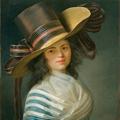
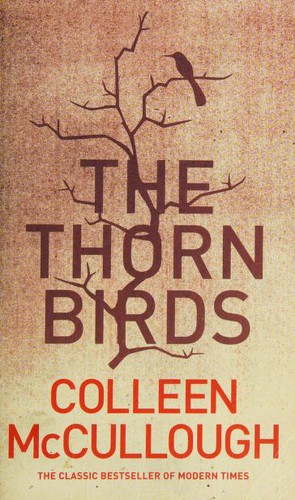

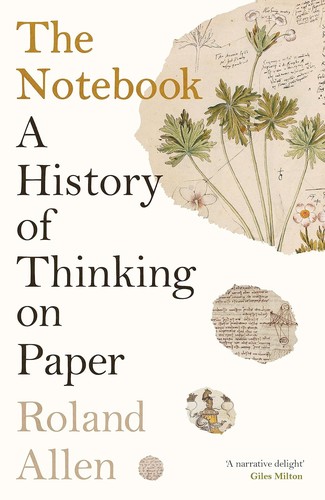
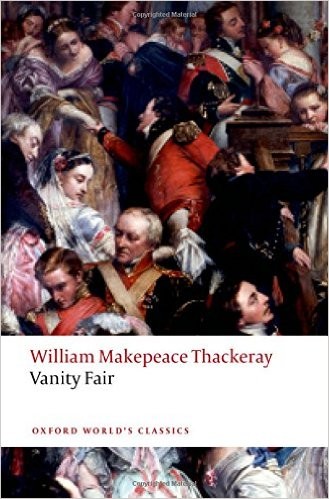
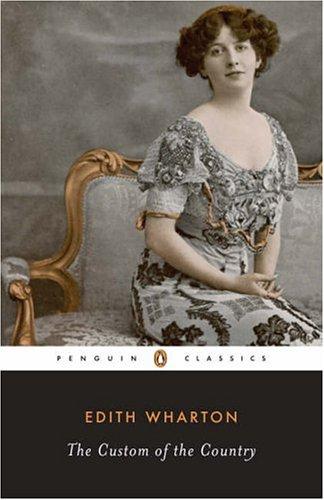
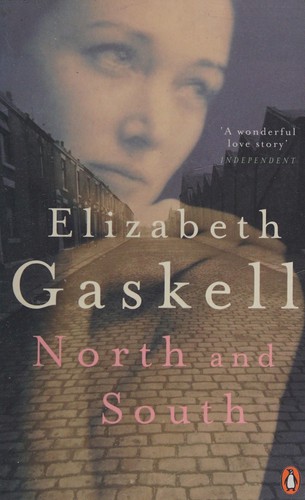
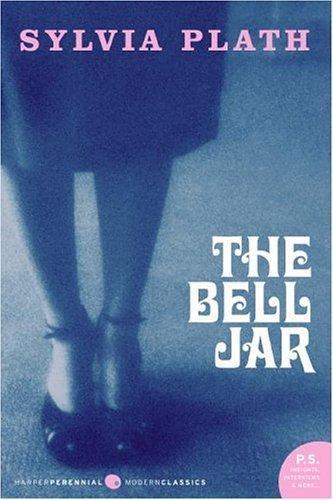
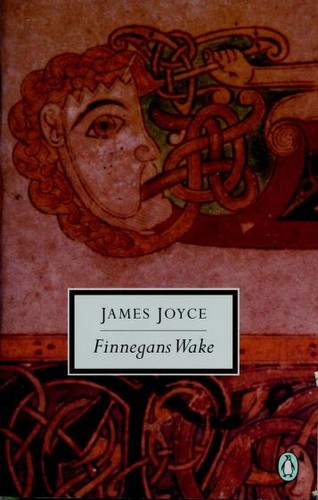
![Emily Brontë: Wuthering Heights (Paperback, 2020, [publisher not identified])](/images/covers/1a945bdd-b535-4108-a4df-a6c1b7367e98.jpeg)

